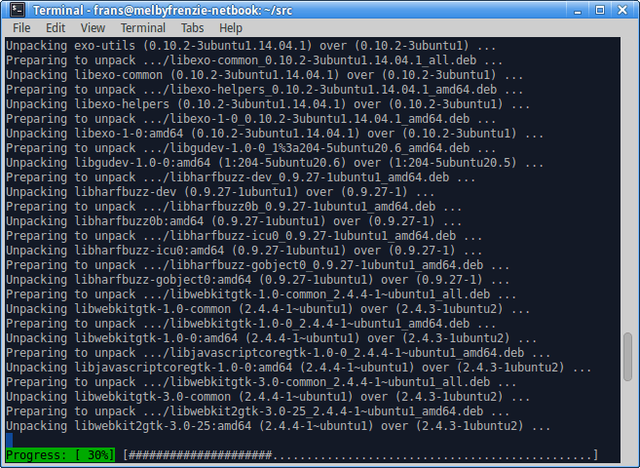Re: General Unix/Linux Thread

Reply #151 –
I just noticed that Apt 1.0 also listens to just apt rather than the good old apt-get only. So instead of:
sudo apt-get update
sudo apt-get upgrade
sudo apt-get dist-upgrade
Now you can save a few keystrokes with:
sudo apt update
sudo apt upgrade
sudo apt full-upgrade
Perhaps more important, it also listens to stuff like apt search instead of having to remember that it's apt-cache or whatever.
It also comes with a fun little progress meter.

Edit: some background info: http://mvogt.wordpress.com/2014/04/04/apt-1-0/
 Topic: General Unix/Linux Thread (Read 120496 times)
Topic: General Unix/Linux Thread (Read 120496 times)


